
More and more people are developing a significant amount of fat in the liver, leading to non-alcoholic liver disease. Research into GLP-1 suggests that it could be seen as helping with this.

Bloating, slow digestion, a feeling of heaviness... A sluggish bowel can quickly spoil everyday life. Find out what causes it, what the symptoms are and, above all, what natural remedies are effective in gently boosting your bowel function.

Several recent studies highlight the potential of flavonoids for healthy aging.

By helping to support the balance of the intestinal microbiota, could certain probiotics have an impact on the quality of life of irritable bowel sufferers? Here's what the research says.
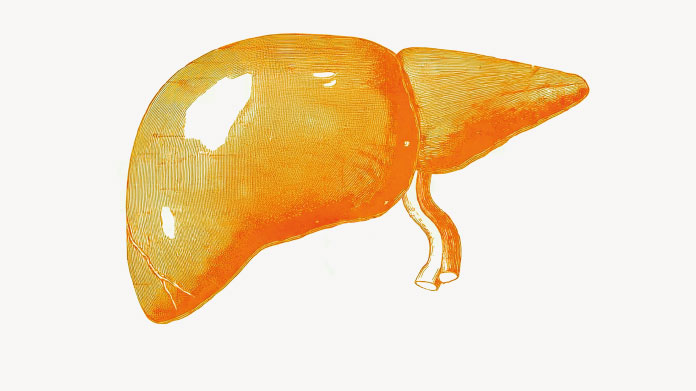
A recent study reveals that a high intake of polyphenols could be associated with a reduced risk of liver disorders. Zoom in on these plant compounds with antioxidant effects and their potential impact on liver health.

The accumulation of body fat can represent a real health issue. And what about chromium? This discreet micronutrient could well have an indirect influence on this parameter.

Essential to our health, essential amino acids are not produced by the body. Discover their role, their dietary sources and how supplements can help meet daily requirements.
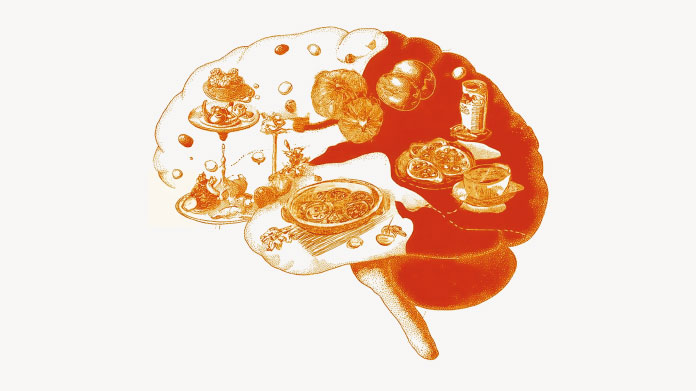
What if our memory played an unsuspected role in the way we eat? Recent research suggests that our memories of meals could influence our food intake, and therefore our weight.

Could a derivative amino acid have an influence on our mood, our motivation or even our morale? Several recent studies suggest a promising link... to be explored without delay.
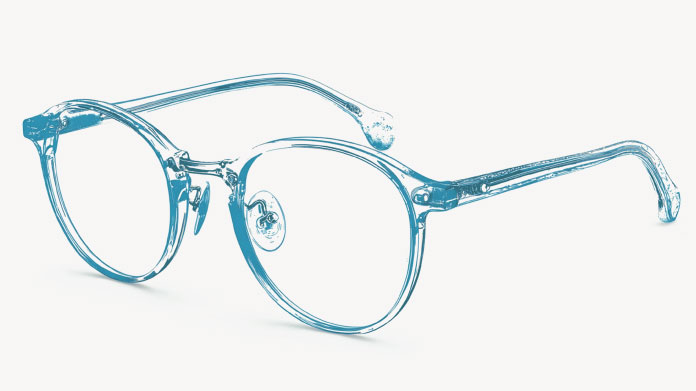
Everyone knows that eyesight tends to decline with age. But a new American study highlights the potential protective role of omega-3s on the retina. A new way of preserving vision after the age of 40.

The role of calories, nutritional density, balanced diet... Find out how to better understand calories in food to maintain a balanced diet that meets your body's daily needs.

Are you looking for foods rich in fibre to improve your digestion, transit or satiety? Here are the 10 best foods to enrich your diet... naturally.
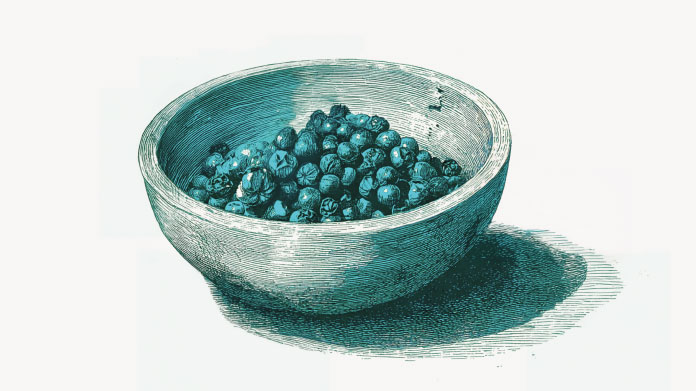
Several scientific studies have shown that certain nutrients are much better absorbed by the body in the presence of black pepper. Find out how this condiment can boost your diet and the bioavailability of your supplements.
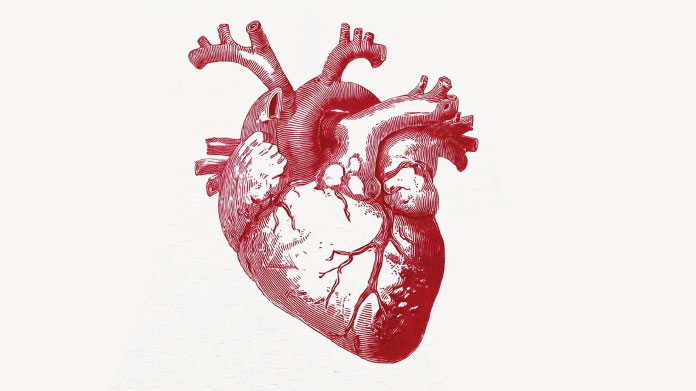
Find out how to thin the blood and promote good circulation through diet, lifestyle and certain plant-based substances, without resorting to drugs.

Increasingly present on health shelves, probiotics are arousing keen interest among those who want to lose weight naturally.

